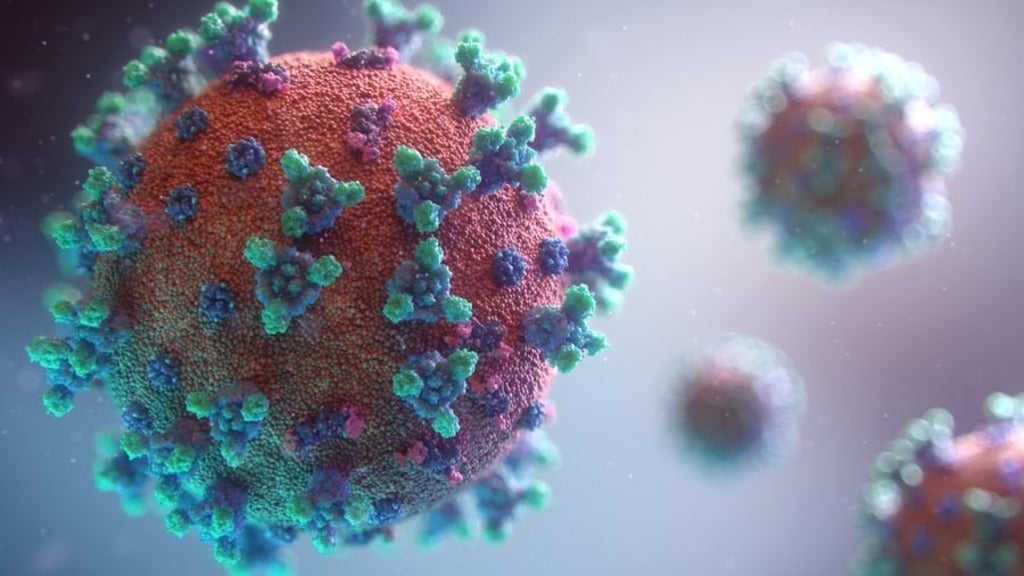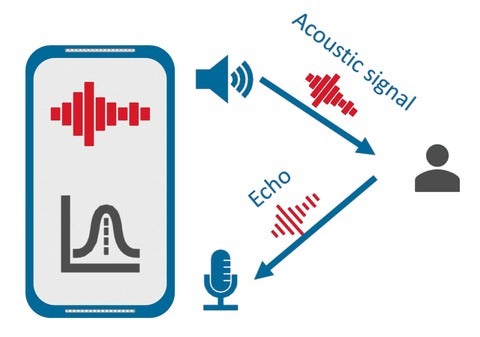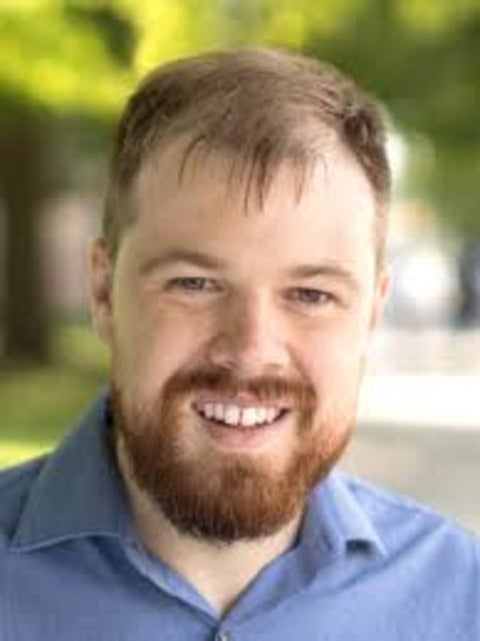This article is republished from The Conversation under a Creative Commons licence. Read the original article.
People with hypertension, diabetes, kidney and heart disease at higher risk of severe COVID-19 infection due to their medications
Two classes of drugs commonly prescribed to people with hypertension, diabetes, kidney and heart disease may increase COVID-19 infection severity.
Despite this, researchers recommend that people with those conditions continue to take their medications in consultation with their physician.









